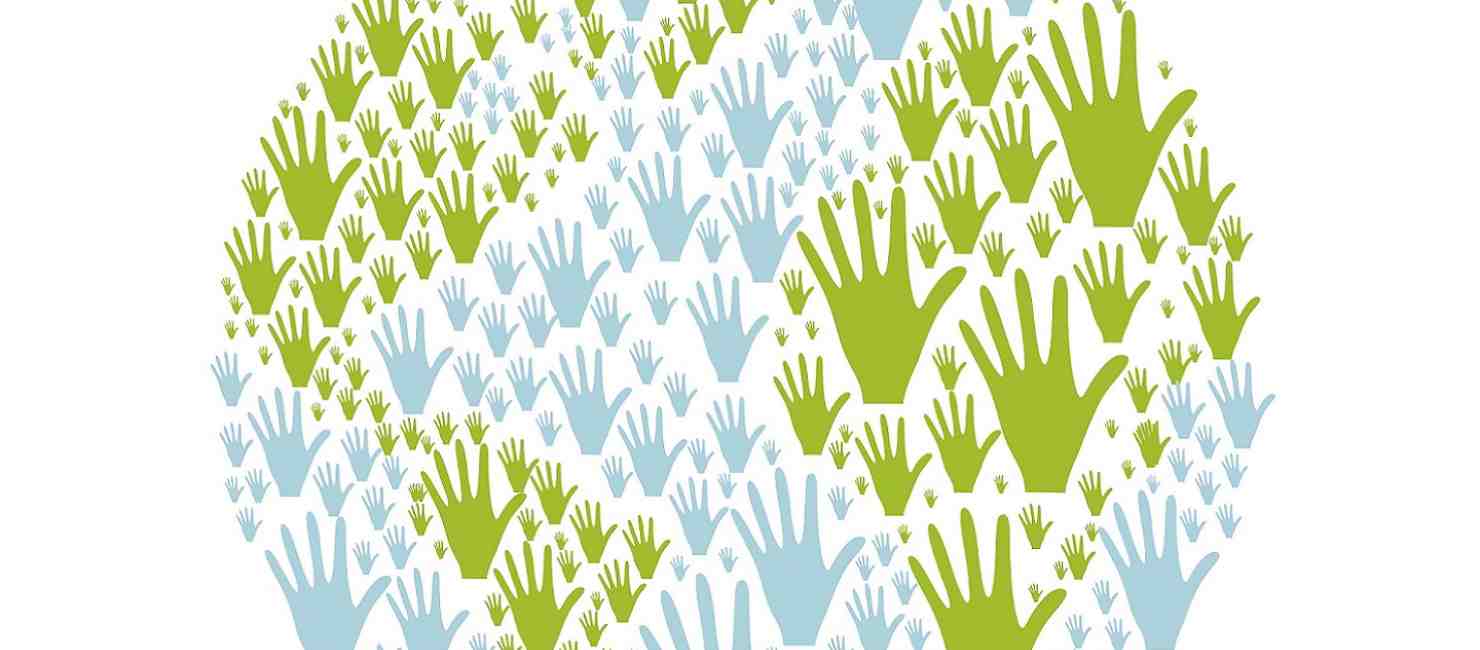Is it a problem for me to have my hands in my pants around my kids?
Dear Stop It Now!,
My wife has an issue with me putting my hands down my pants while speaking with my children Iand my wife feels this is highly inappropriate. We have both experienced sexual abuse as children also. Just to be clear I would never touch any child in an inappropriate manner, but this comes up about every other year since we have been together. Now in her defense she has asked me to not do it but I try to explain to her that I do it subconsciously and that there is no sexual intent behind it. Do you have any advice or guidance?

Dear Concerned Parent,
It can be so frustrating when, as parents, you and your wife do not see eye-to-eye, but I’m so glad you’ve found us as a resource. And, I’m so sorry to hear that you both experienced sexual abuse as children.
Although you’re correct that you, like many folks, may put your hand down your pants as a habit and without even noticing, your wife’s concerns are also valid. Now, this doesn’t mean that she thinks you’re a risk to children or that you are planning to hurt your kids in any way, but she may instead be worried that these loose boundaries can make your kids vulnerable to other people (either adults or youth) with unsafe intentions. Your children look up to you as a role model – as someone whom they base all other interactions off of – and if they think it’s normal that you often have your hands down your pants when speaking or interacting with them, they may not think twice if this were to happen with other people too.
Think if your kids were talking to their teacher, and this teacher had her hands down her pants while she was talking to them – inappropriate right? There are other things that people often do (like tell dirty jokes around kids) that, though it may not seem like a big deal, can create an unsafe environment for youth. If we wouldn’t want any person to do this around our kids, it may be a good idea to not do it when a child is present – so that kids get the message that safe adults do not engage in certain behaviors. For example, if you were always quick to redirect an uncle who tells dirty jokes, your kids would get the message that this isn’t safe. Then, if a friend’s parent tells a dirty joke to them, they’d be more likely to bring this up as a notable incident, rather than just brush it off as “normal.”
What we often say is that it’s important to give children all the respect we give to other adults and then some, as children are first learning about how to interact in the world and cannot keep themselves safe. Although you don't have harmful intentions, you can better help your children stay safe by being thoughtful in your actions and taking the time to reflect on where your hands are when you’re talking with or playing with your kids.
Actually, it may even be helpful for you and your wife to talk about what boundaries both of you and your children follow – something we call a family safety plan. When you’re clear about safe limits, respect, privacy and consent with your kids, you’re creating a circle of safety around them. Remember: your children look up to you, so by modeling these safe behaviors you’re helping them make safe decisions with their friends, and grow into teens and adults who have healthy relationships. And, by talking about healthy sexuality with them, you’re showing them that you and your wife are both trusted adults who they can come to with a question, or if a situation or a person ever makes them uncomfortable. I’ve included some resources below that you and your wife may both want to check out.
- Create A Family Safety Plan
- Everyday Actions To Keep Kids Safe
- Talking to Children and Teens
- Why Healthy Sexuality Education is an Important Part of a Safety Plan
- Ten Things To Remember When You Talk To Kids About Sexuality
If this issue continues to come up time and again and you both aren’t able to resolve it, another idea would be to go to a couples counselor together. You don’t need to have a “big issue” to go, and sometimes folks just have a few sessions to talk about a thing (or a few things) that keeps bubbling to the surface, how to communicate more effectively, or how to resolve a long-standing point of tension.
And, what we know is that parenting as a person who experienced abuse in their childhood can also be triggering too, and I do hope that you both have a good support network you both can turn to – like friends, family, a faith community or even a therapist. I’ll also include our resources here for Adults Who Experienced Sexual Abuse as Children, in case you or your wife are interested in some of the topic-specific resources and supports we have listed there.
Take care,
Stop It Now!
Feedback:
Please share your feedback on this question
Last edited on: February 25th, 2020

